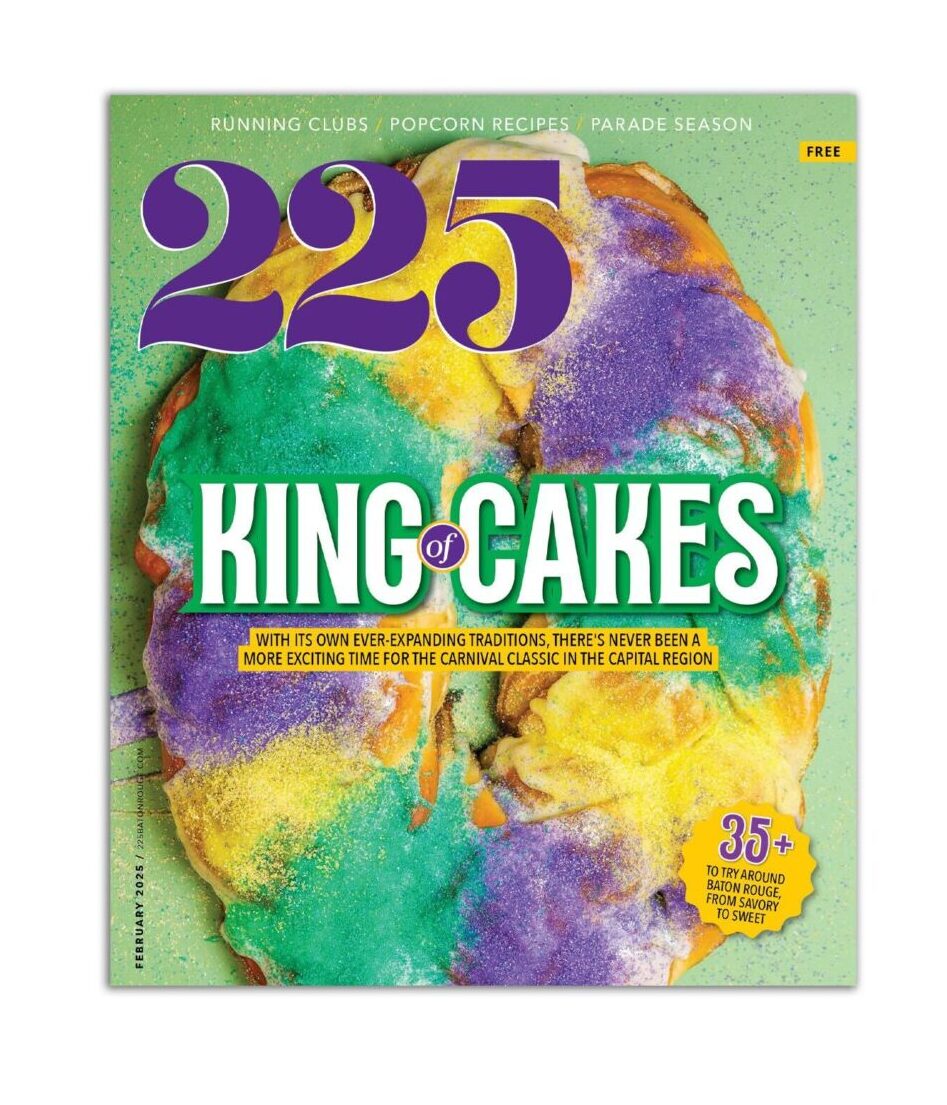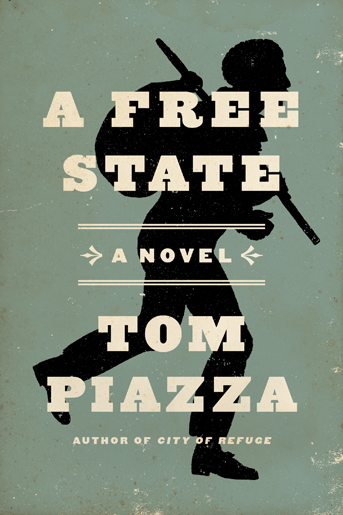Photo courtesy Mary Howell
A native of Long Island, this year’s Louisiana Writer Award winner Tom Piazza first fell in love with New Orleans through music, and he attended Jazz Fest several times before moving to the city in 1994. Piazza is the author of 11 books, including one of the first about the city published after Hurricane Katrina, Why New Orleans Matters, which has just been reissued in a 10-year anniversary edition. More recently, Piazza published the novel City of Refuge, a collection of short writing, Devil Sent the Rain, and his new novel, A Free State.
225: As someone who’s very much associated with Louisiana, how do you answer the “are you from here” question?
Piazza: I think of myself as an American writer, because other places are in my frame of reference. I’m proud to be recognized as a writer who’s made his life in Louisiana and New Orleans. That’s where I’ve chosen to stay; that’s where I am. But I think of Louisiana and New Orleans as part of a larger context. I don’t see it as a hermetic bubble. It’s part of the ongoing story of the fate of the United States.
Often, people go to New Orleans as if it’s caught in time, neglecting that it’s always been in a state of transition and influence from around the world.
That’s what makes the city what it is. And it’s going to be even more so going forward, as it has been since Katrina. I think the latest figure I saw is that somewhere around 10 percent—10 percent!—of the city’s population arrived here after the disaster. That’s an extraordinary paradigm shift, if you will, for the city.









